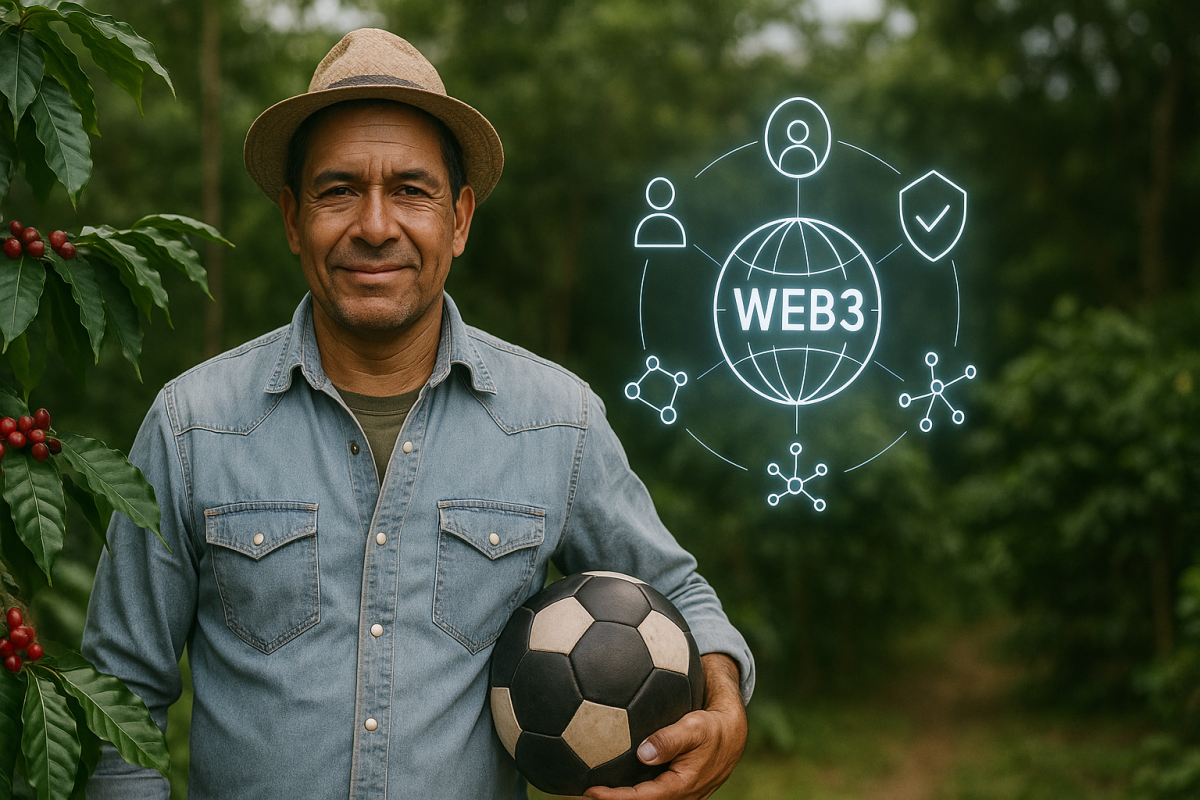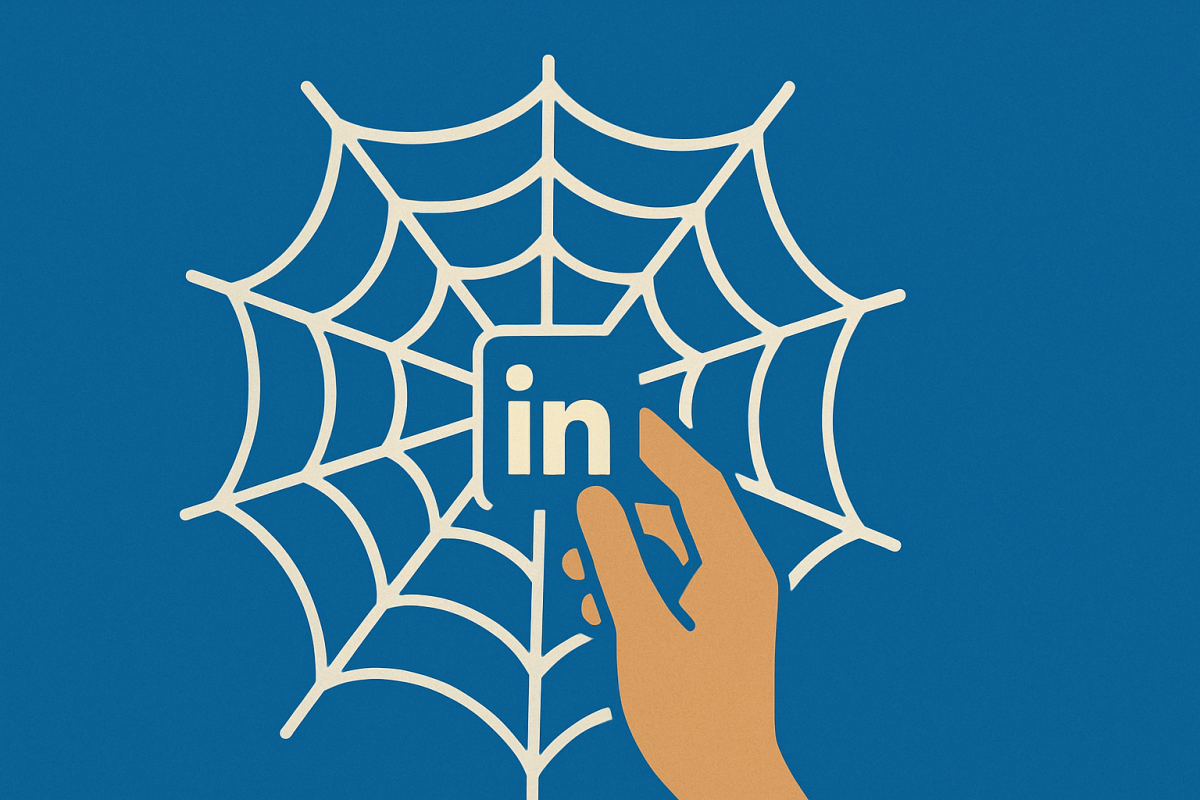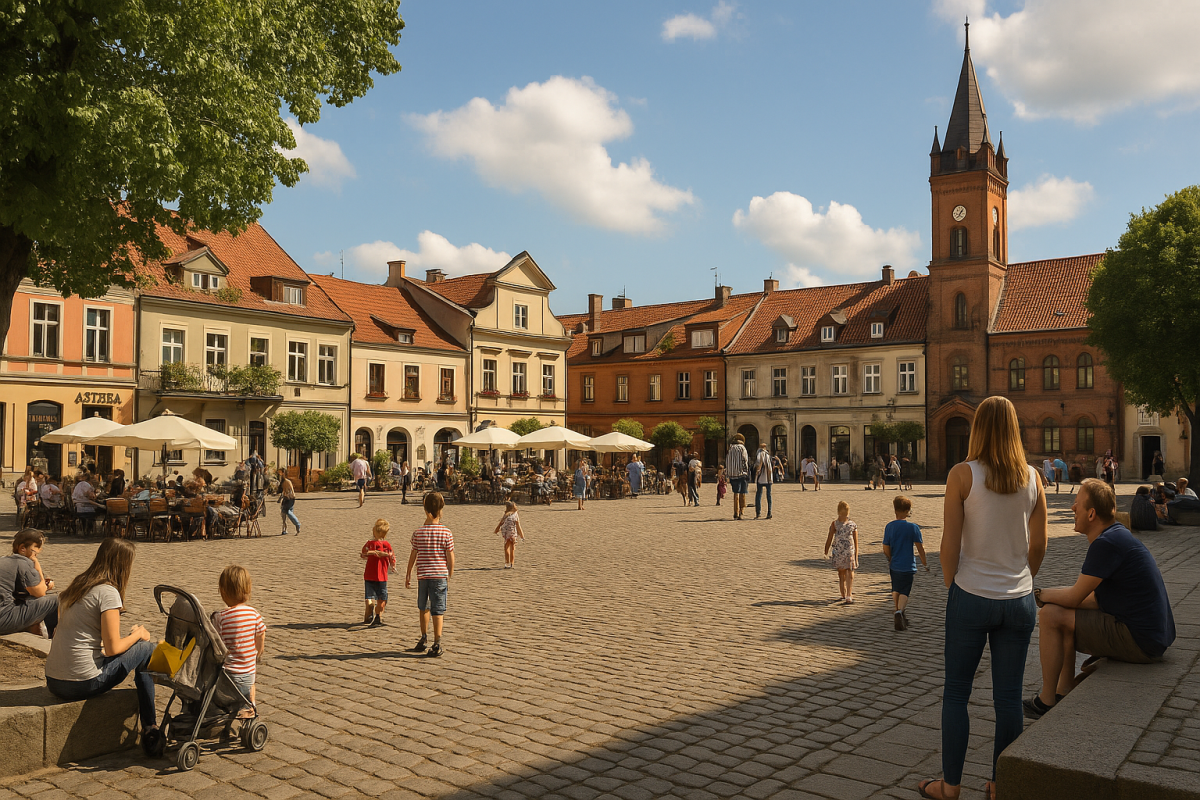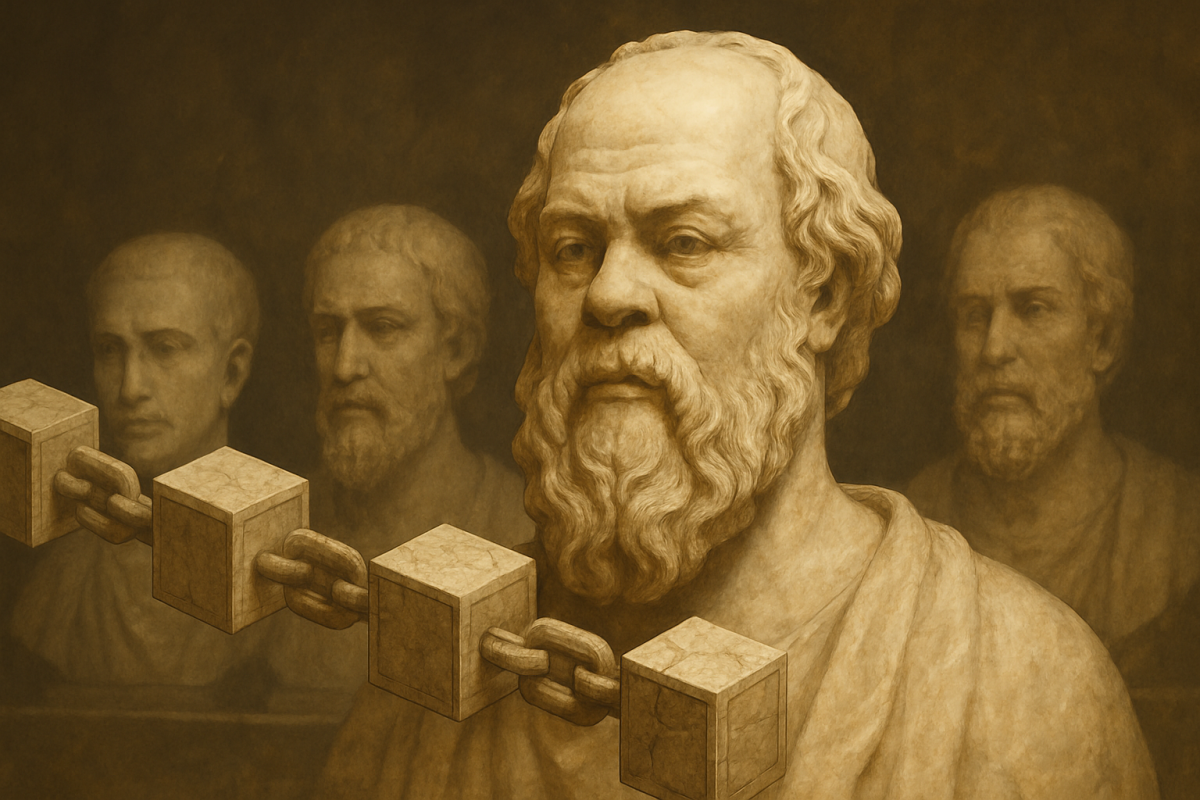Taking Back Control: Why Web3 Matters for Our Mental Health
Feeling powerless online isn’t just annoying — it quietly wears us down. I often wonder, how much control do we really have over our digital lives? About 70% of Americans say they don’t feel in control of their online data, and more than half worry regularly about their privacy. That sense of helplessness can stir up stress, anxiety, even depression. It’s hard to feel okay when you’re constantly worried about being watched or taken advantage of online.
That’s why I believe Web3 offers something meaningful — not just in a technical sense, but as a mental health lifeline. It gives us back ownership over our digital identities. See me pointing towards the future, where we, as individuals, take back the reins from the tech giants and decide for ourselves what we share, who we share it with, and under what conditions.
I like when I feel at ease online and in charge. For example, when I’m setting up my own website — deciding what to post, how to present myself, and knowing I can remove whatever I want, whenever I want. It’s freeing — a space that feels truly mine, without some algorithm choosing what matters. It’s a reminder that, just like offline, our mental well-being online thrives when we have a sense of agency.
Of course, none of this will happen automatically. We need to build these systems with ethics at the core. We have to stay ahead of the next wave of surveillance. I hear, tools like Zero-Knowledge proofs offer some exciting possibilities for protecting personal and health data — but I guess they’re not magic. If any of you have played around with them or seen their limits in action, I’d love to hear from you. Because really, we need to keep asking: are we building a web that respects our humanity, or one that just finds new ways to exploit it?
Caring about soft values in tech isn’t nerdy — it’s just common sense. The web should reflect our values and dreams; we spend so much of our lives there.
And yet, I can’t help but smile at the irony of it all. We’re turning to the very technology that fed our sense of powerlessness to help us reclaim autonomy. It’s like using a hammer to fix another hammer — sometimes, the fix comes from the same place as the problem.
What parts of your digital life make you feel most in control today?






